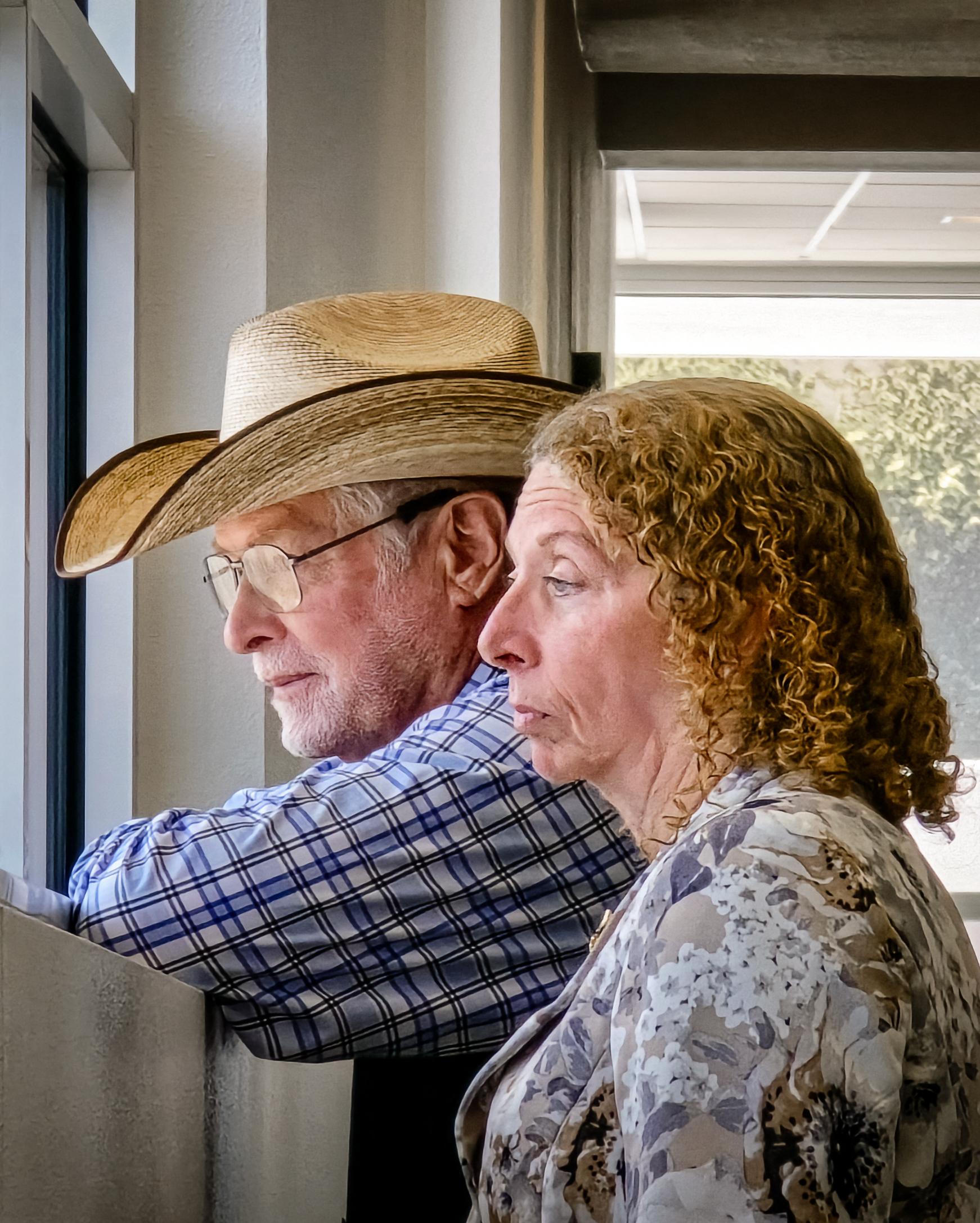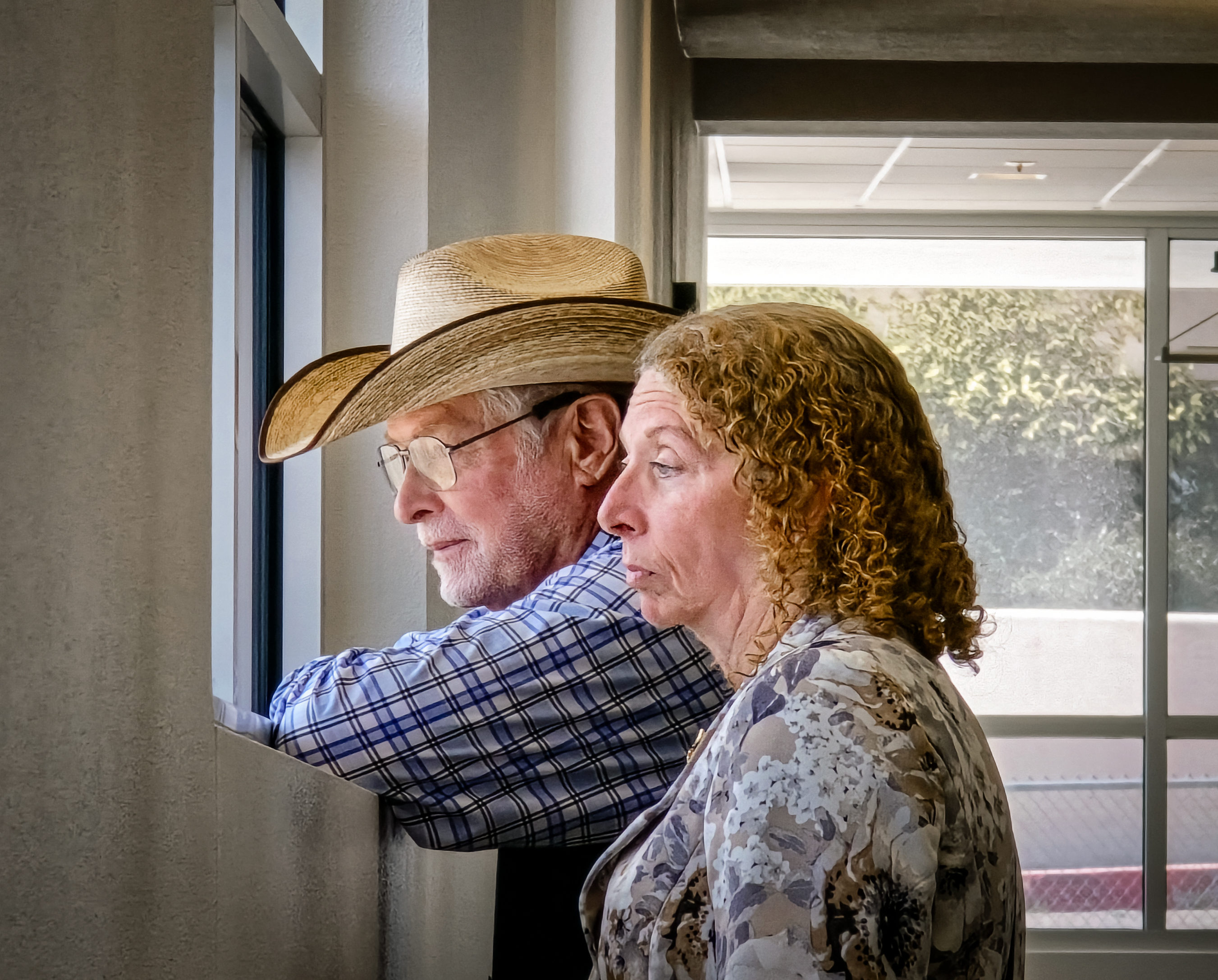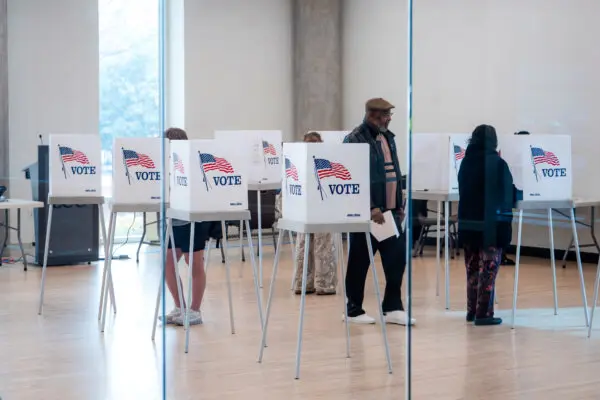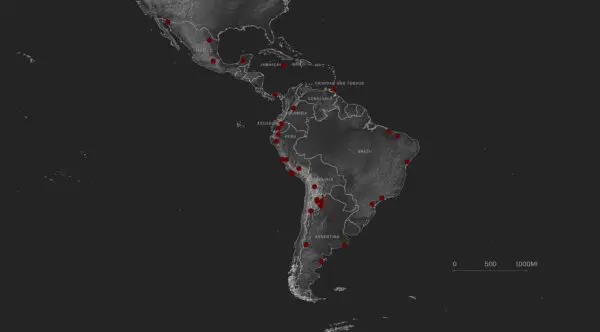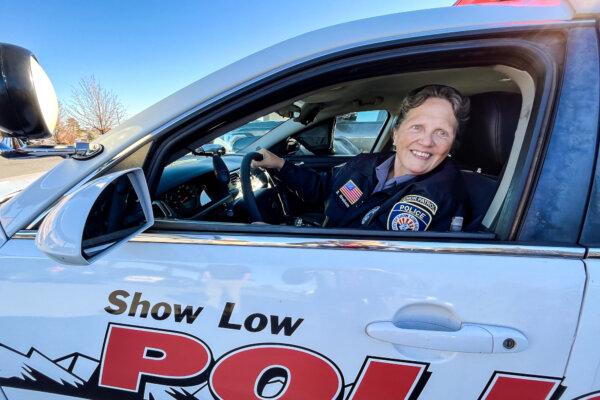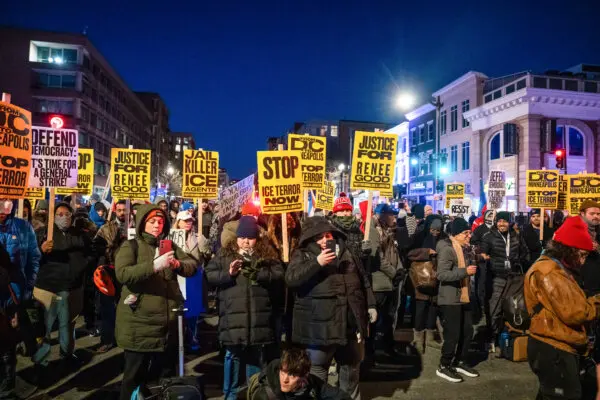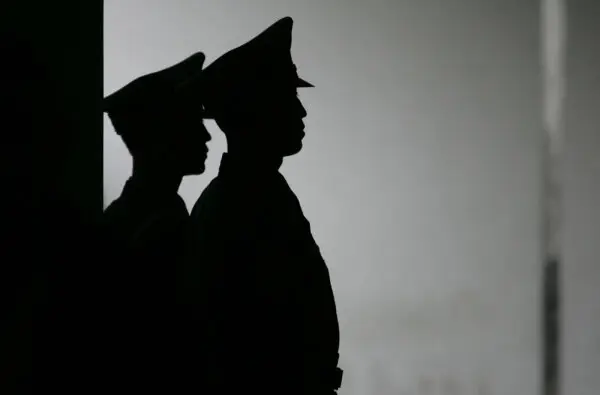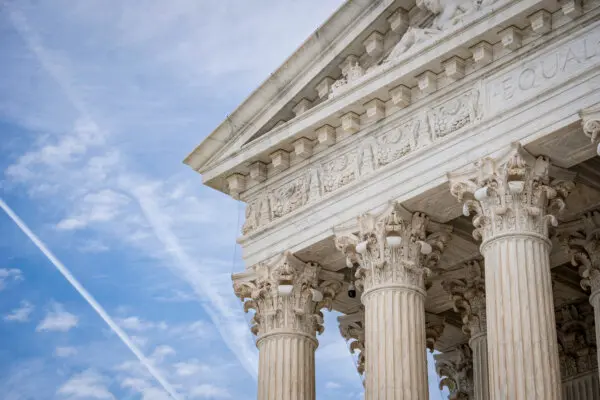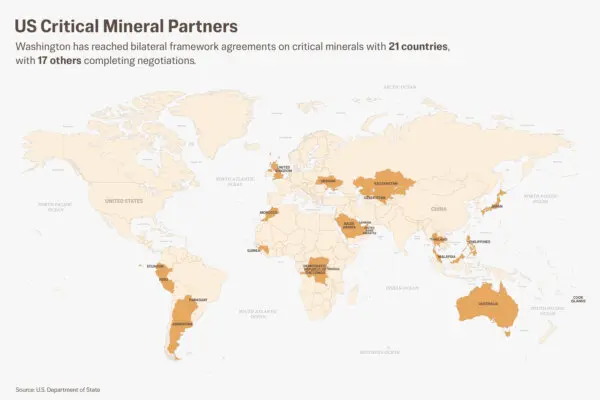NOGALES, Ariz.—After three days of deliberation and being sent back twice by the judge, the jury has reached an intractable impasse—there’s no verdict in the trial of George Alan Kelly.
Judge Thomas Fink declared a mistrial on April 22 and set a status hearing on April 29 in which the prosecution will either move to schedule a retrial or move to dismiss the case.
